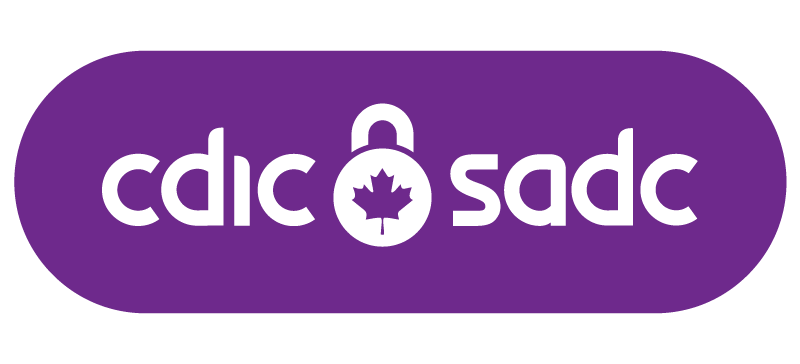Financing Your New Business
From a lemonade stand on the corner to a brokerage house in the downtown core, every business needs capital to get started and to continue operating. Described below are the four basic types of financing you should be aware of.
Venture capital (Equity or Shareholders' Loans) Equity is money paid in exchange for partial ownership of the company. There is no obligation to repay Equity-the investor has bought a share in the profits. A shareholder loan is money loaned to the business by a shareholder. Both equity and shareholder loans create leverage which is the ability of the business to attract other loans and investment.
Capital asset financing (Term Loans) Term loans are used to purchase fixed assets required by the company, such as office equipment, vehicles, etc. A percentage of the value of the assets purchased then acts as security against the loan until it is repaid.
Operating loans are used to cover wages, rentals, inventory costs and other expenses in advance of collecting revenues to pay them. The lender will use a percentage of your accounts receivable as security against an operating loan. Operating loans are essentially a series of pre-approved, monthly 'term loans' that save you from having to constantly negotiate new loan terms.
Bridge capital financing is a form of loan intended to 'bridge the gap' between the due date of a payable and the date a specific receivable is anticipated. The receivable itself is the security for the loan. Bridge financing is typically reserved for low-risk situations.




